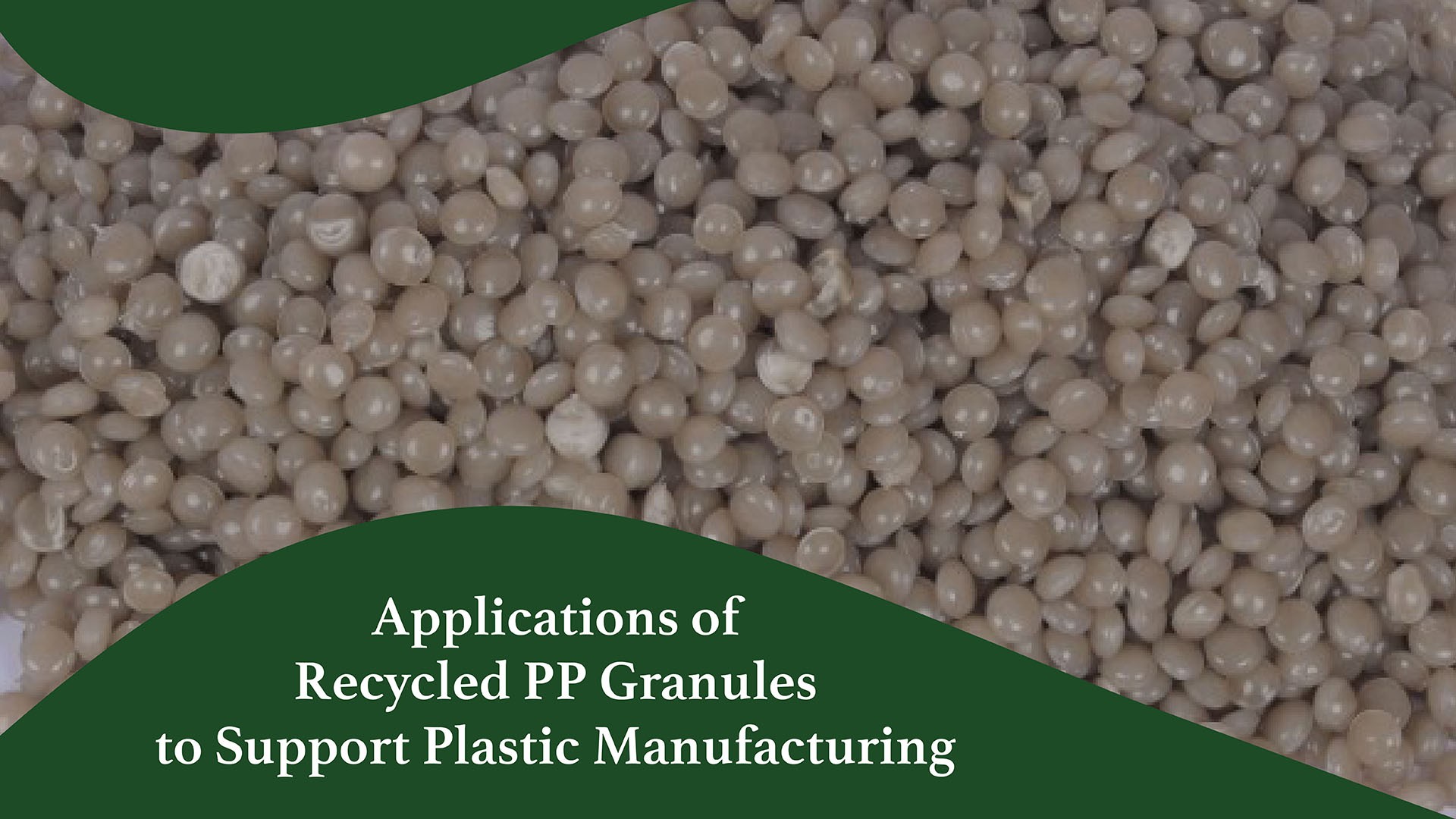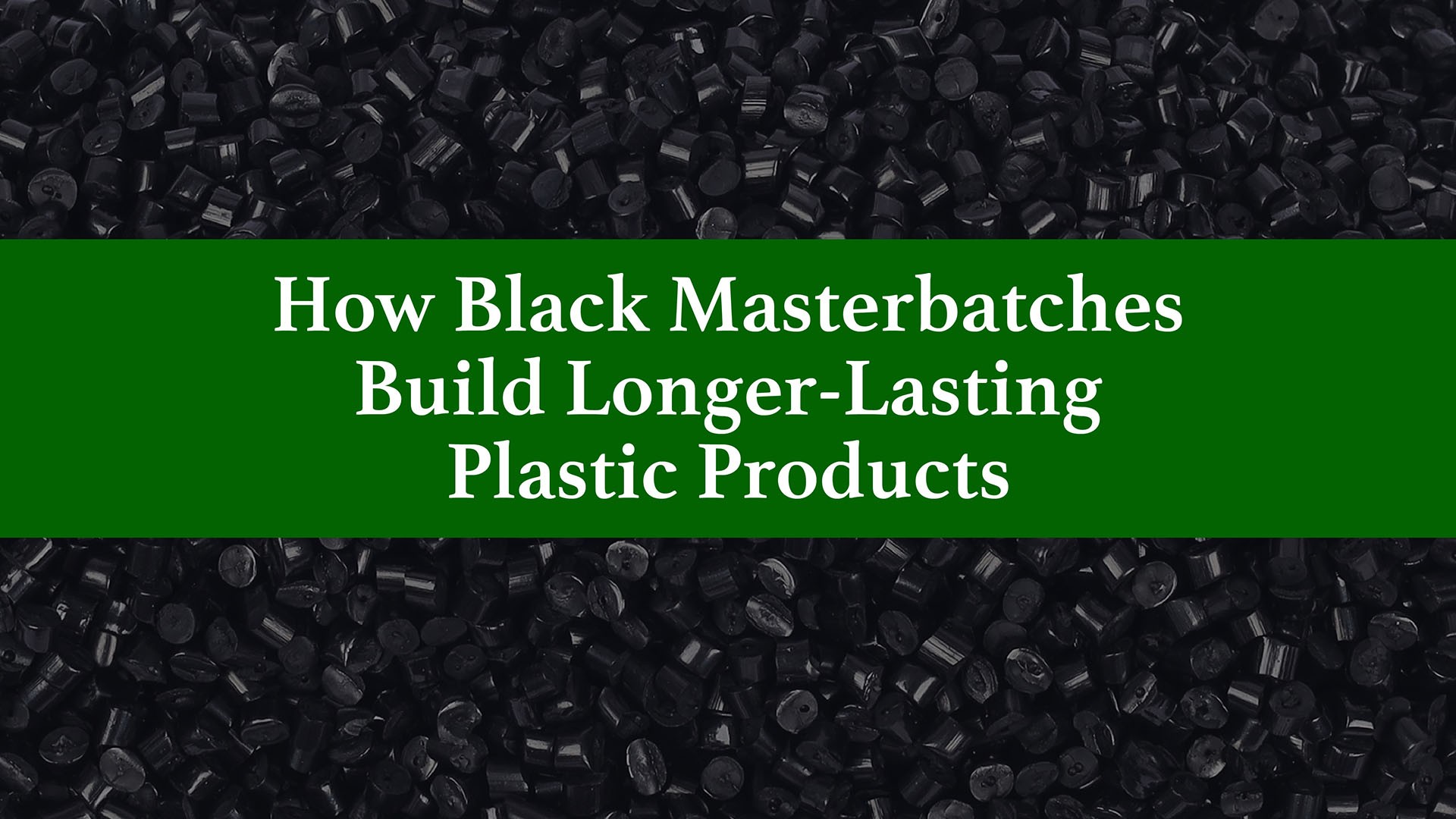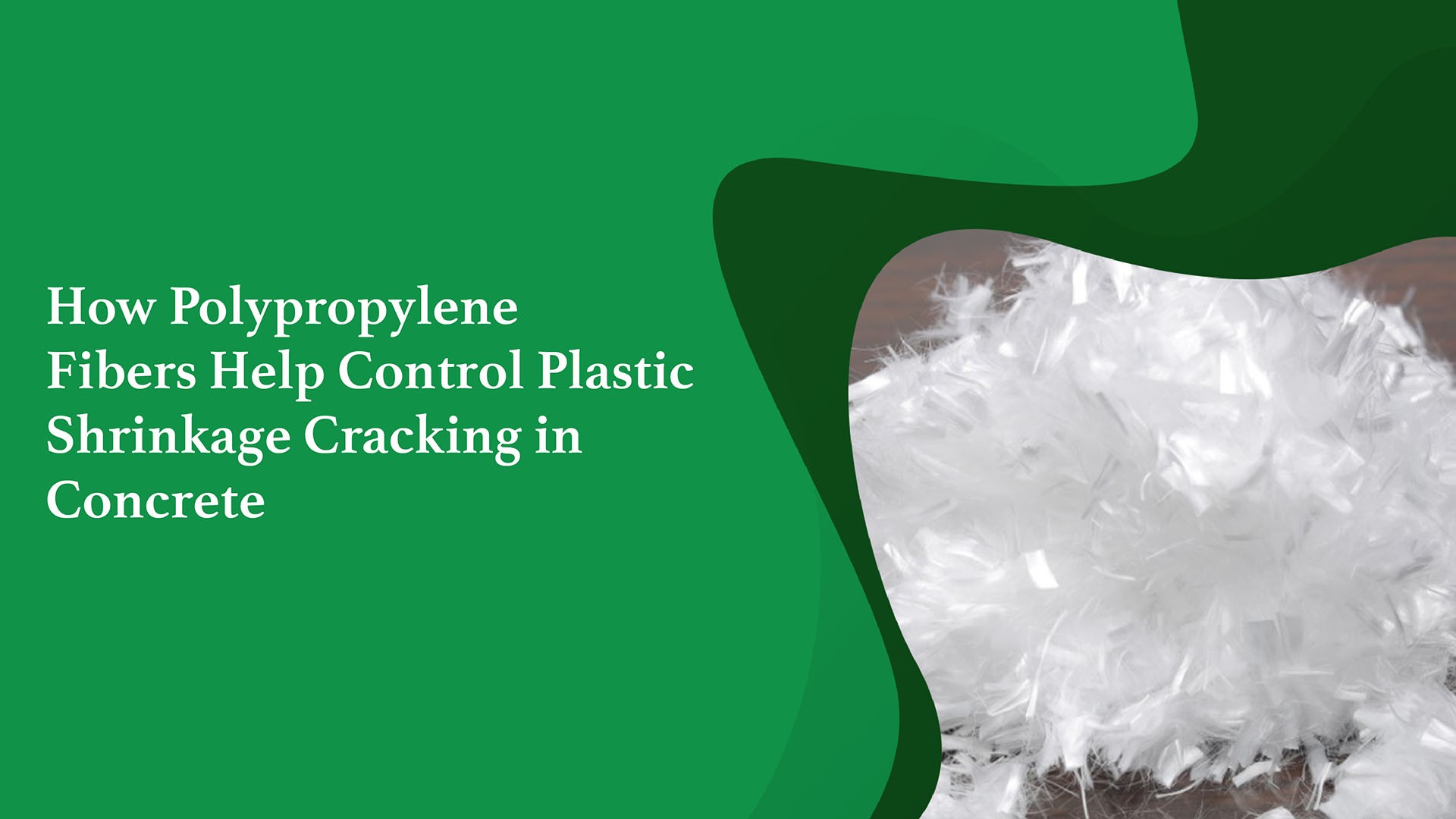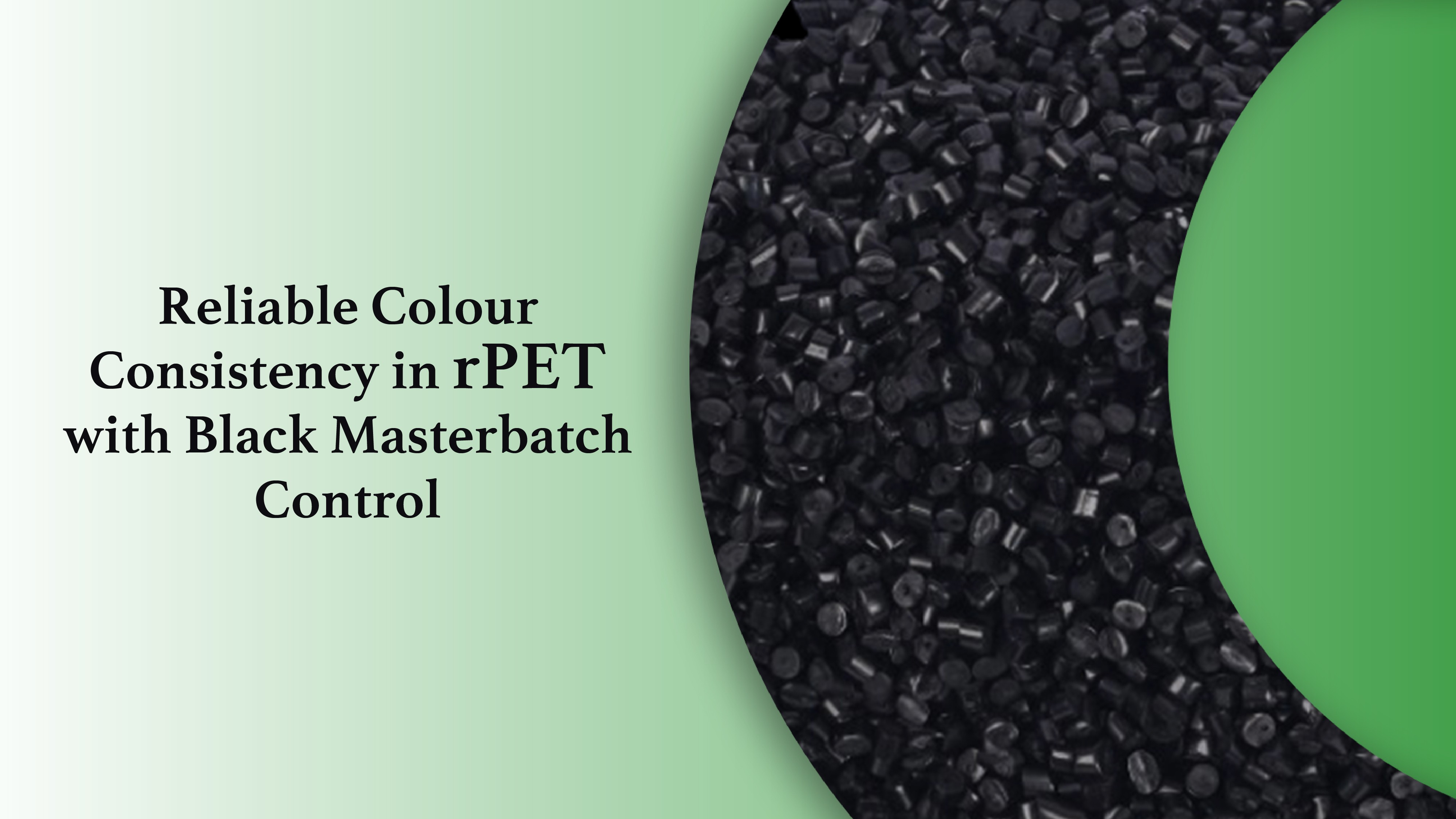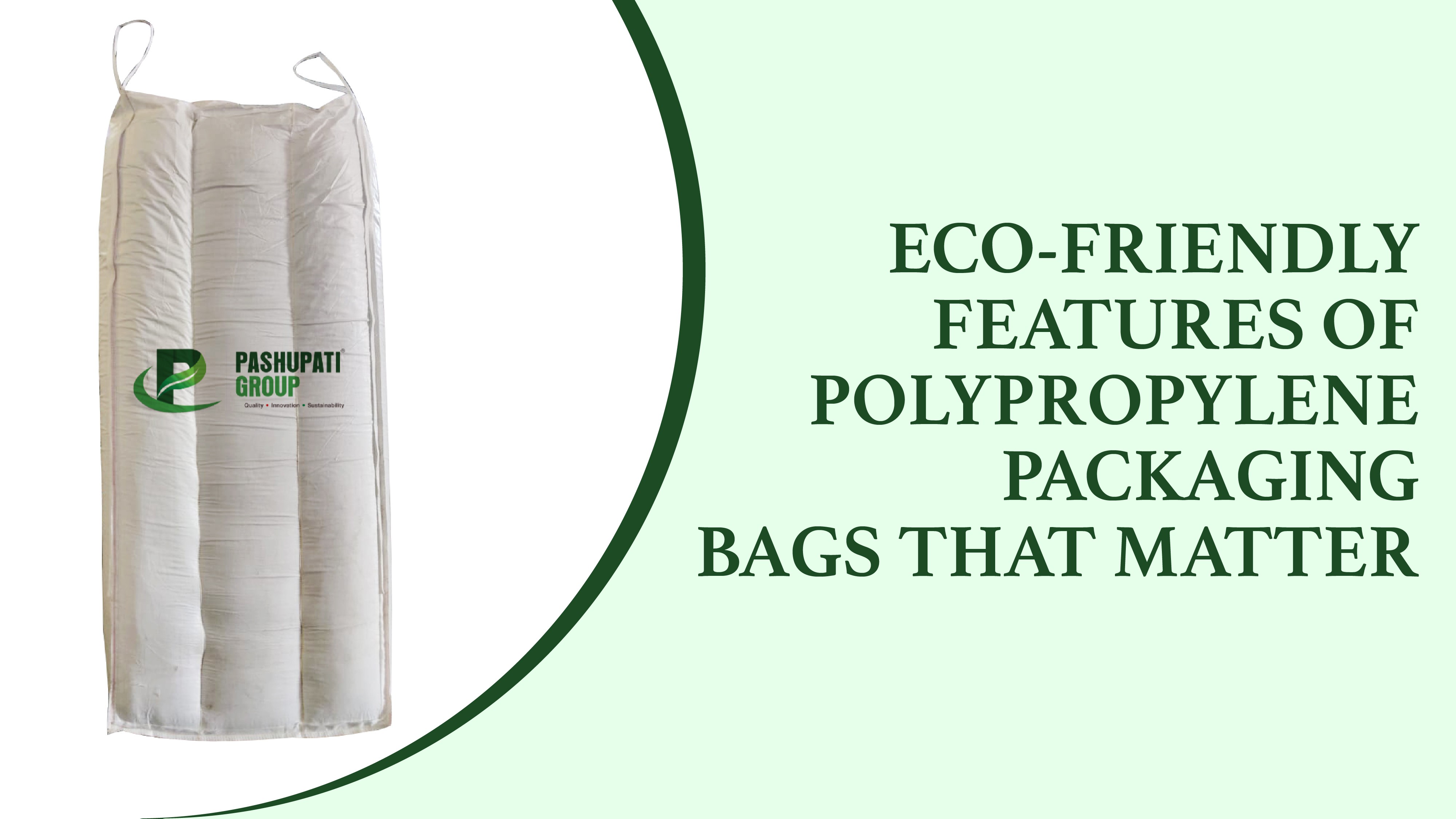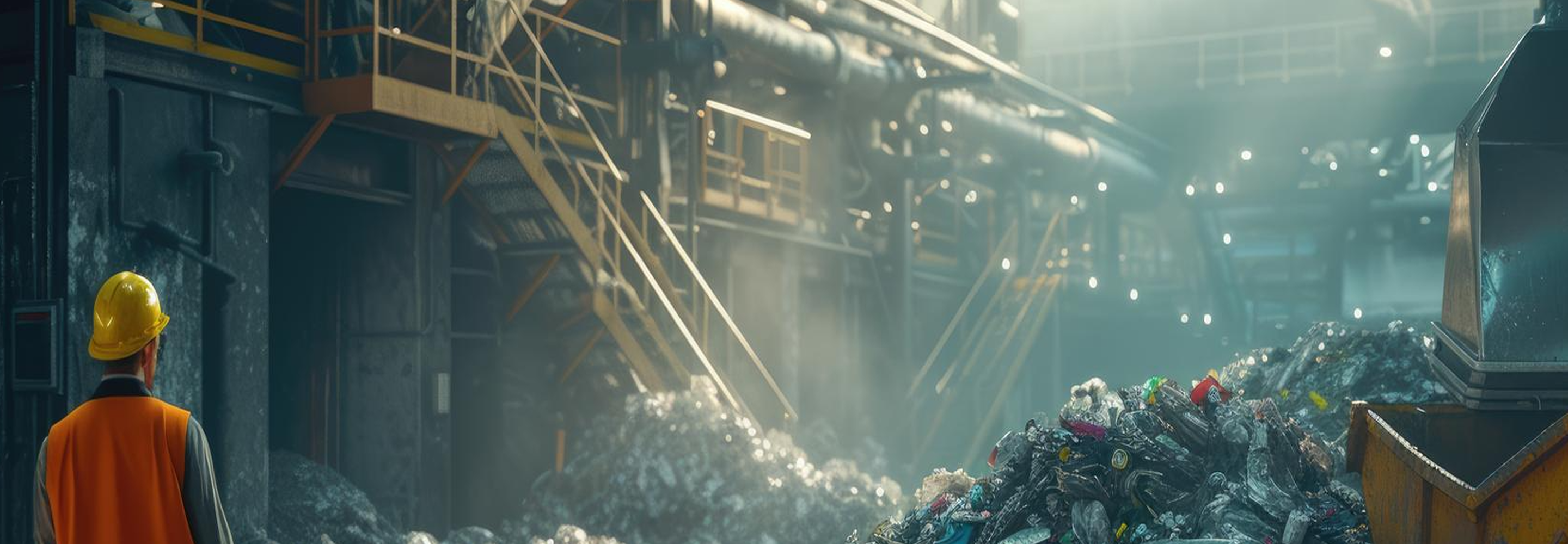
BLOG
POPULAR ARTICLES
Different Types of Plastics and How They are Recycled
17 July, 2024
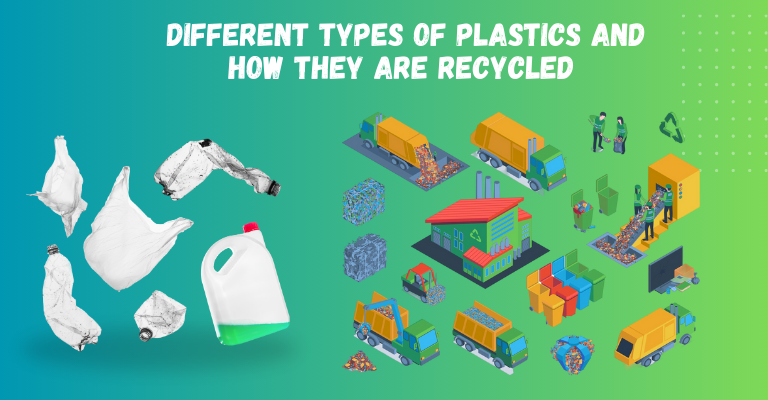
Plastics are versatile. They have been in every bottle, container, or wrapped in most of your everyday items. That means plastics are everywhere, in and around. After all, it is a modern reality where your lifestyle lies.
But have you ever wondered where these tons of plastic are returning to? As a matter of fact and taken seriously, these plastic pollution effects are contributing to the waste, which is growing at an alarming rate. The entire plastic waste is either dumped into landfills or passed into the waterways, causing harm to the ecosystem, wildlife, and the environment as a whole. If this continues, the irresponsible use of plastics can even worsen the conditions and lead to further consequences.
Here, to keep up its circle in the environmental landscape for the better, recycling of plastic' is one of the most effective ways to manage the challenges posed by plastic waste.
Now you might be wondering if all the plastic gets recycled, be it a plastic bottle, a plastic bag, etc. Every plastic is created differently, and unique codes can detect the type of plastic.
Read the complete blog to get invaluable insight into different codes to identify the plastic and how it is recycled.
1. Polyethylene Terephthalate (PETE or PET)
PET is the most commonly used plastic found in beverage bottles, perishable food containers and mouthwash. Being utilized for packed products, these plastics often absorb food odour and flavors, which is considered safe. However, they can also take the hazardous side when they come into contact with the heat.
The best part is that PET is considered the best for plastic recycling. This process turns PET into granules that are further used in producing plastic products, limiting the use of new plastic.
2. High-Density Polyethylene
HDPE, or High-Density Polyethylene, is one of the newest and most recycled plastics. Also, it is safe when it comes into contact with any food eatables, such as milk jugs, curd tubs, etc. Other than this, it is also available for cleaning product containers, body wash, children's toys, artificial planting pots, pens, tables, bottles, etc. These plastics can be reused and recycled safely.
3. Polyvinyl Chloride
One of the oldest plastics, V or PVC, is commonly used in credit cards, food wraps, plumbing pipes, tiles, windows, medical, etc. Being contaminated with harmful chemicals can affect the liver and bones and cause developmental issues in infants and kids. Hence, they are rarely recycled.
4. Low-Density Polyethylene (LDPE)
LDPE is the plastic type widely used in the production of bags. It is one of the safest plastics that is also considered for food wraps and containers. Though LDPE plastic recycling is quite difficult, the recycled one can be utilized for cans, paneling, flooring, and bubble wrap.
5. Polypropylene (PP)
Polypropylene is considered a safe plastic; hence, it is found in Tupperware, car parts, yogurt containers, diapers, etc. When recycled, these plastics are transformed into pallets, ice scrapers, rakes and battery cables.
6. Polystyrene (PS)
Polystyrene is the most easily recognized plastic and is commonly used in beverage cups, insulation, packing materials, etc. It is easy, cheap, and has poor recyclability. It is accepted by a few recycling programs and transformed into insulation, license plate framing, and school supplies.
7. Miscellaneous Plastics
Apart from the other 6, plastics are included in the miscellaneous plastics. These plastics can be found in common products such as nylon, baby feeding bottles, computers, sunglasses, and discs. These are not only dangerous to use but also difficult to recycle because they degrade quickly.
Pashupati Group recycles plastics to give them a new lease on life in an effort to embrace sustainability. Learn more about how Pashupati contributes significantly to the plastic recycling process by turning waste plastic into granules that are then mixed with virgin plastic to create new products.
You can also join the journey and contribute to reducing emissions!
RECENT BLOGS

